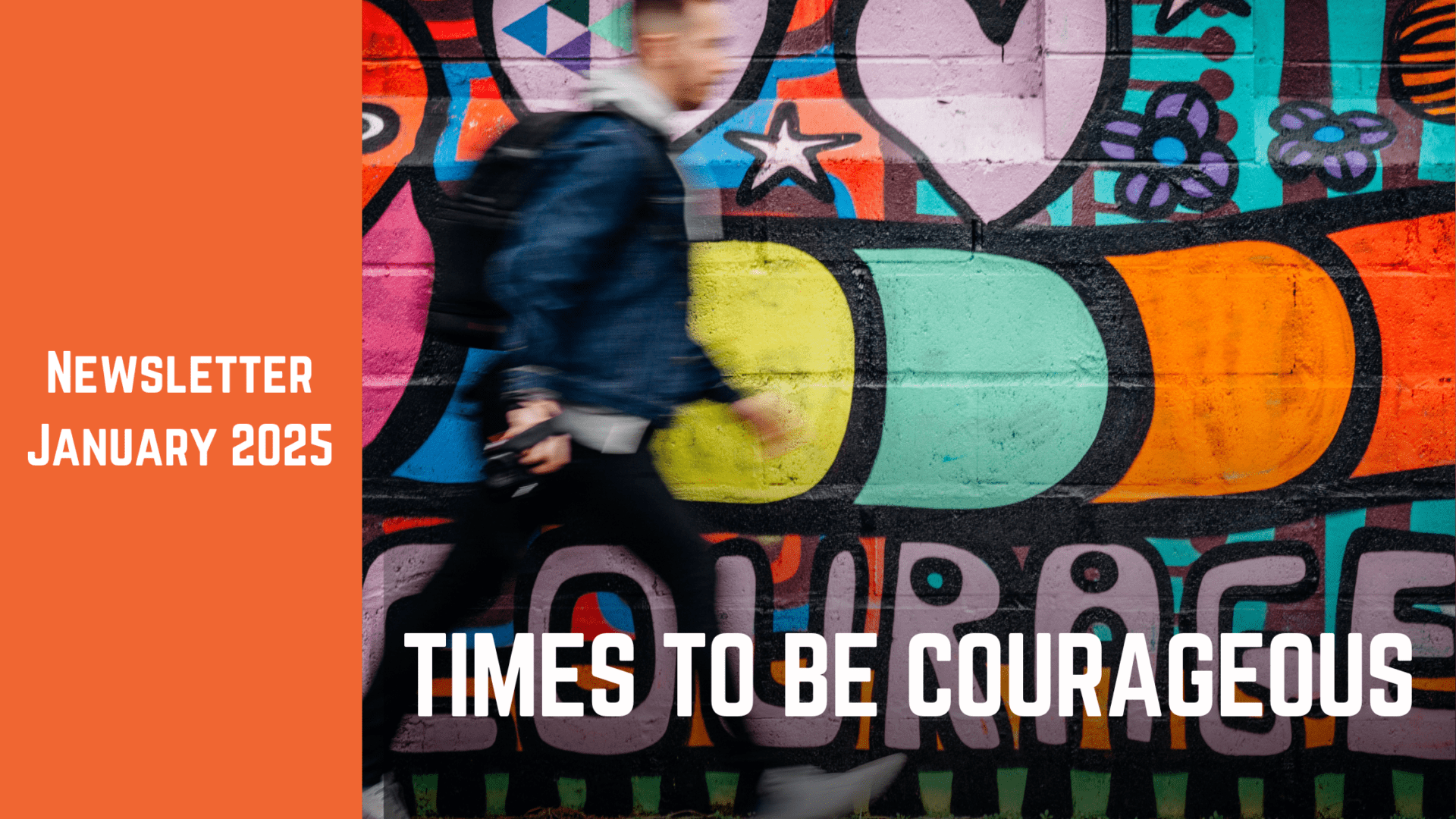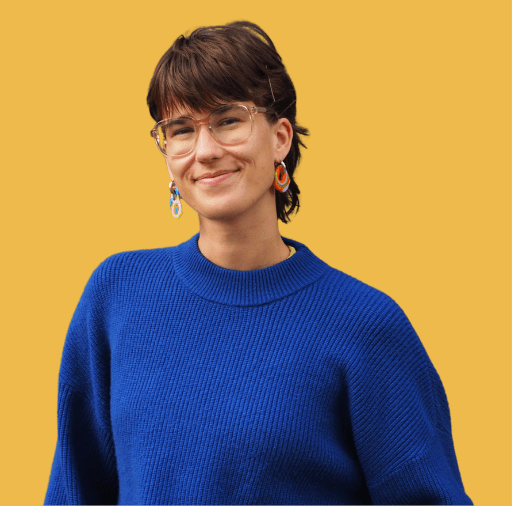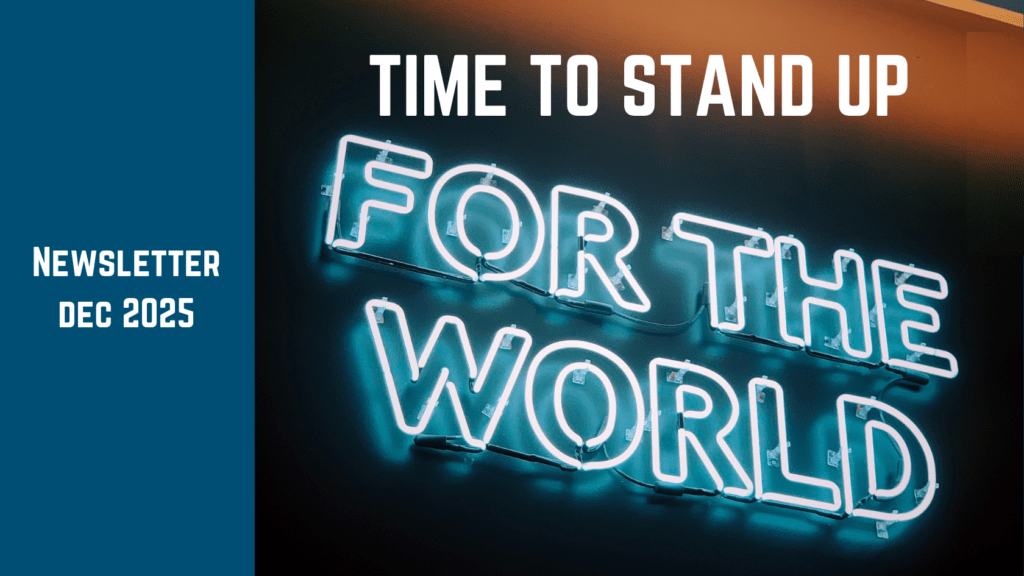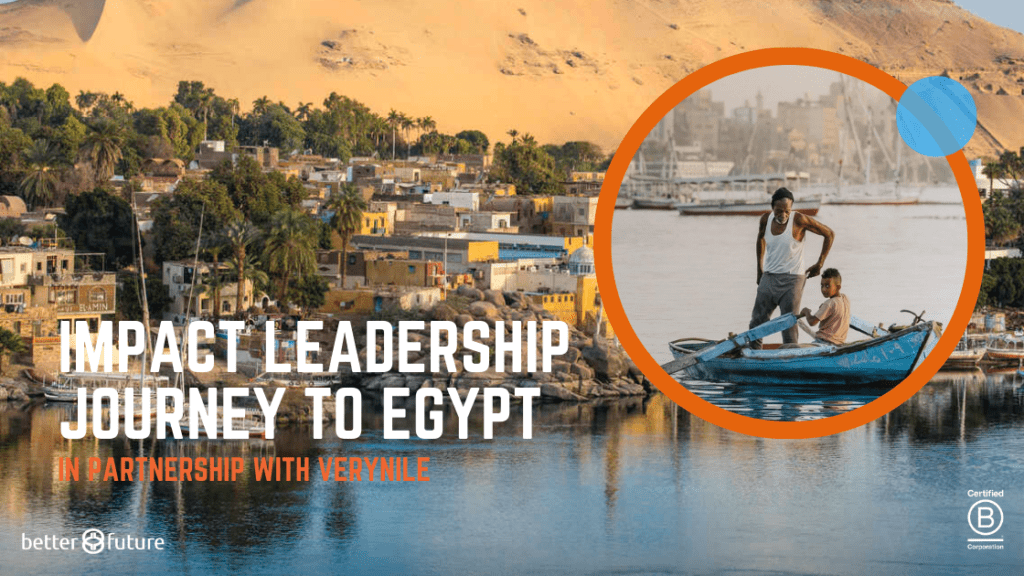
#Why a new civil oath matters
“Thought and action should never part ways” states one of my heroes, Hannah Arendt. Her clarity strikes me even more in times like this, where opinions are too loud and extreme and sincere dialogues are rare.
As Better Future embarks on more transformational work with government organizations in the coming year, I read about the new civil service oath, that took effect this January. Being a lawyer by education and a compassionate activist by heart, it had my full attention.
The old Dutch civil servant’s oath was introduced in 1929, and, in summary stated: I have obtained this position lawfully, will keep information confidential, and will abide by regulations.
The emphasis was on following the rules; doing things right. Yet we all know that this is not enough. We need courageous individuals that also dare to question: are we doing the right things?
The new oath was written with exactly that in mind. It now states: “I work in the public interest for our society and am fully committed to this.” It also empathizes a commitment to fairness, integrity and respect, strangely enough not a given, in civil service oaths across Europe. It is written in a more modern and human language—one that shifts from ‘I promise to follow the rules’ to ‘I promise to serve what is better for my country’. Which might imply sometimes not following the rules.
This oath invites self-reflection and challenges civil servants to consult their own moral compass. Rather than blindly following, or even hiding behind rules, it actively encourages people to think for themselves. For Hannah Arendt, that’s where courage comes in: thinking. Far from easy, and very necessary.
I know, an oath alone will not change a culture, let alone an entire public system overnight. Shaping behavior, values, and institutional norms requires constant work. I do believe it is a meaningful step in the right direction. I find it hopeful to see this reform taking place now, precisely when our democratic institutions need the people shaping it to think and act with conviction. We are honored to support and collaborate with civil servants who dedicate themselves to doing the right things, things that take courage.
I’m looking forward to taking a lot of civil servants out of their office, creating places where good people meet, connecting groups that rarely meet, nurturing the courage to think and act in fairness and integrity. Thought and action should never part ways.

#Be brave and sign up for the Art of Facilitating.
Don’t let us convince you, here is a testimonial by Lidyann, a facilitator at Flatland, who participated in the program last year. “I understood and felt a connection with the theories and themes we covered on a very deep level. I also understand their nuances and subtle intricacies. I’ve transitioned from understanding theory to mastering the tools.”
This program is more than just learning skills—it’s a journey of personal and professional growth. Each participant brings their unique learning goals, which expert facilitators Daria and Salmaan skillfully adapt to the group’s needs, creating a dynamic and supportive environment.
What sets the Art of Facilitating apart? It seamlessly integrates hands-on practice with deep reflection. You’ll learn to master facilitation techniques while observing group dynamics in action, gaining insights into how your interventions shape the group process. This immersive approach allows you to grow as a professional, building both your confidence and competence.
The Art of Facilitating isn’t just about theory or tools—it’s a professional playground where you can experiment, reflect, and grow.
As an added bonus the program takes place in the beautiful Austerlitz Forest.
If you’re ready to take your facilitation skills to the next level, join us in our next cohort starting February 21st.
We only have a few spots left.
Head to our website to learn more or or directly send an email to daria@better-future.com
Podcast ‘The Heart of Daring Leadership’ by Brené Brown
In this first solo episode of the Dare to Lead podcast, I talk about my passion for this work, what we’re learning about courageous leadership and skill-building, and the differences between armored and daring leadership.
Book ‘Komt een land bij de dokter’ by Michelle Van Tongerloo (Dutch only)
A homeless, breastfeeding mother who cannot find shelter, a patient who almost dies from something that could have been resolved in a short consultation, a man with heart failure who is sent from hospital to hospital: it doesn’t sound like the Netherlands. Yet this is what Michelle van Tongerloo encounters in her work as a street doctor.
The distressing cases during her consultations reflect a country where basic security is becoming increasingly less self-evident. Healthcare has become a business model, and helping people is becoming increasingly complicated, according to Michelle’s diagnosis. But she knows the cure.
Ted Talk ‘The song that sparked a movement in Afghanistan’ by Nila Ibrahimi
Afghan activist Nila Ibrahimi shares her experience using song to protest — and ultimately reverse — oppressive laws in Afghanistan just before the Taliban took back control of the country. In a brief Q&A with Head of TED Chris Anderson, Ibrahimi sends a powerful message about the strength of girls’ voices, both in Afghanistan and around the world.
In November 2024 Nila won the International Children’s Peace Prize for Advocacy for her efforts in fighting for girls’ and women’s rights in Afghanistan.



